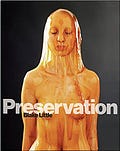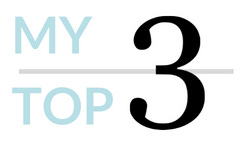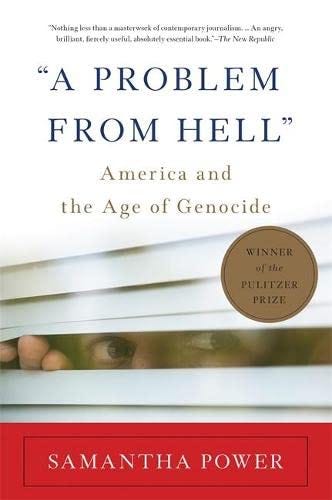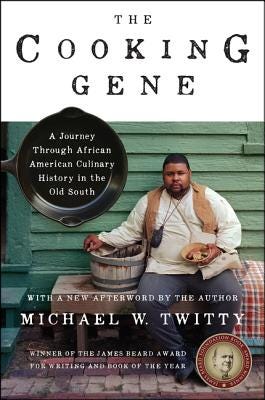Welcome to the first full issue of My Top 3. A weekly post where I countdown three things I love in a random category. This week, we’re kicking things off with a list of books I love but could never read again.
I am not, in general, a re-reader. There are so many books I am interested in tackling that I simply have trouble being okay with re-reading titles again. (My toddler’s books exempted, of course.)
There are, however, a few rare titles that I would love to read again, but I find that I just can’t.
I track my reading and rate books on a scale of ten. The three titles below are all 10s. They have all stuck with me. I think about these books a lot. I recommend these books to others. I will never pick them up again.
Preservation by Blake Little
I don’t recall how this book came to my attention. It doesn’t matter. Once it did, I wanted to get my hands on it. It was not available in the academic library system I work at, it was not available at my local public library. It was not even available on Amazon. I submitted an interlibrary loan request and it took five months for one of my colleagues to track down another library willing to lend it.
Preservation is an art book title. It was a limited print run sharing stunning images of models covered in honey. The photographer said that the honey made the models look like they were encased in amber (video with some nudity).
The images are remarkable. I would read this book again, but finding a copy of this title is nigh impossible.
A Problem From Hell: America in the Age of Genocide by Samantha Power
In college, I double majored in Politics and Media Studies. During my senior year, I wrote theses for each major. I thought I would make my life easier by at least having overlapping research. At the time, I was interested in the dimensions of how genocide was portrayed on film. That lead me to write my Politics thesis on how humanitarian intervention is a matter of presidential discretion (i.e. is this a good move politically).
This meant I was reading a lot of work about genocide, including Powers’ book. At the time, it was one of the most powerful books I’d ever read. She takes an instance of genocide and explores it from every angle. She tells the inside story from those who lived, the story of those who committed the killings, those who fought against it, and those who ignored it. Most importantly, she makes it abundantly clear that we (in the West) have seen genocide occur and have ignored it.
It took me over three months to read this book. I needed to take breaks from the emotional toll this had on me.
The Cooking Gene: A Journey Through African American Culinary History in the Old South by Michael W. Twitty
This is, perhaps, one of the most important books I have ever read. Twitty explores southern food culture and clearly illustrates that food we think of as "Southern" is mainly African in origin. White culture has entirely co-opted the culinary history of an enslaved population. Twitty wants to explore the truth and give back the history that is missing in our understanding of Southern cuisine. This book is more than a food memoir, it's the hard story of the South as it was created by slavery and forced migration.
Twitty relies on his family and personal story to act as a framework. His story stands in for all the untold numbers of families who were enslaved. It's a powerful structure that makes it impossible to ignore how devastating slavery was (and continues to be) to both Africa and the U.S.
This book was moving to me because of how it helped me understand my own family history. A branch of my family had a plantation just outside of New Orleans pre-abolition. My family owned slaves. It's not something I'm proud of, but it's the reality of my family history. Twitty spends a large part of this book tracing back his genealogy, including where white, European genes entered his family tree. It's a part of racial history in this country that we gloss over. This book makes me want to track those African American members of my family tree that are bound to exist. Additionally, my father has always talked about our family coming from a rice culture. This book taught me that that part of my history comes from Africa. My own history has been enriched by this work.
Next week, we’re going to take a look at my top three kitchen unitaskers.
This post is a part of the free preview. My Top 3 will go behind a paywall on September 1, 2022.










